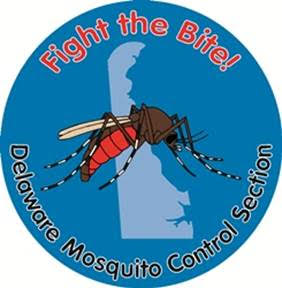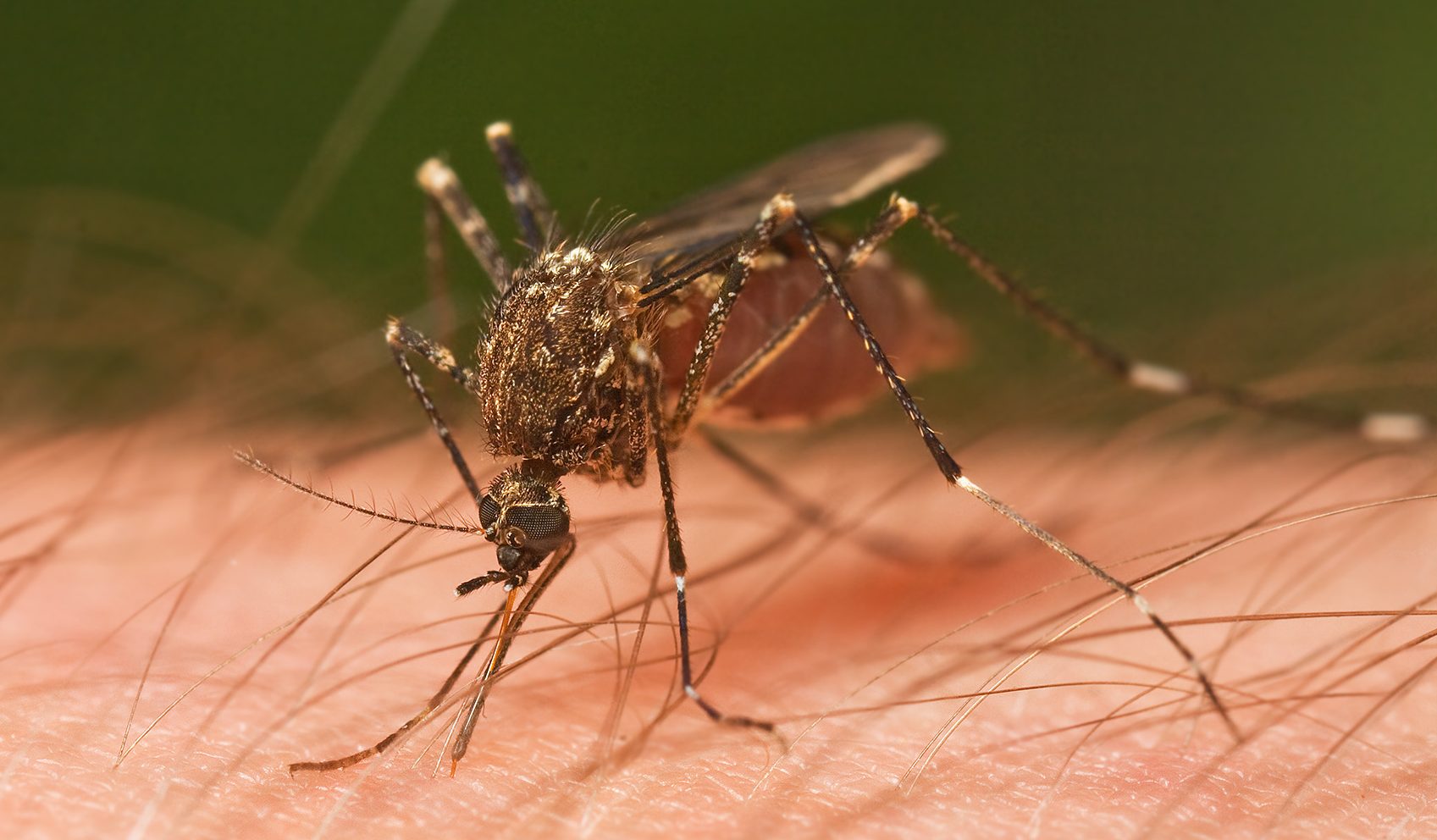DOVER – West Nile virus (WNV) has been detected in Delaware in blood samples taken from DNREC’s sentinel chickens that are monitored for mosquito-borne diseases. The samples are collected as part of a statewide surveillance program conducted by DNREC’s Mosquito Control Section. So far in Delaware this year, no cases of West Nile virus have been found in horses, humans or wild birds.
 The Delaware Division of Public Health Laboratory reported WNV-positive results from seven sentinel chickens tested in August. All of the chickens were from New Castle County locations north of the C&D Canal, according to Dr. William Meredith, Division of Fish & Wildlife Mosquito Control Section administrator.
The Delaware Division of Public Health Laboratory reported WNV-positive results from seven sentinel chickens tested in August. All of the chickens were from New Castle County locations north of the C&D Canal, according to Dr. William Meredith, Division of Fish & Wildlife Mosquito Control Section administrator.
“Based upon these positive virus findings, and with mosquito season reaching its peak for transmission of mosquito-borne diseases from late August into early October, Mosquito Control will increase its mosquito population monitoring activities in this area and continue to take appropriate mosquito control actions,” Dr. Meredith said.
Mosquito Control operates 20 monitoring stations with caged chickens statewide. The sentinel chickens are humanely kept and tended in the field. Sentinel chickens bitten by mosquitoes carrying WNV or eastern equine encephalitis (EEE) – both of which can affect humans and horses – develop antibodies that enable them to survive. Their blood is tested every two weeks for these antibodies, which indicate exposure to these viruses.
“So far in 2016, mosquito populations have been about normal, with indications of mosquito-borne illnesses a bit below normal. In comparison to past years, this could turn out to be a relatively light year for WNV,” Dr. Meredith said. Nationwide through Aug. 30, Dr. Meredith said the federal Centers for Disease Control (CDC) has reported 406 WNV human cases and nine deaths, with Texas, South Dakota, California, Arizona and Colorado having the most cases. In the mid-Atlantic region this year to date, five WNV human cases have been reported in Pennsylvania, one WNV human case each in New Jersey and Virginia, and no human cases in Delaware, New York or Maryland.
The worst year on record for WNV was in 2003, with 9,862 human cases and 264 deaths nationwide. That year, the worst West Nile outbreak in Delaware also occurred, with 17 confirmed human cases and two fatalities, plus 63 equine cases. In 2012, there was a resurgence nationwide of WNV involving 5,674 human cases and 286 deaths, with nine WNV human cases in Delaware and one death, but no horse cases due to equine vaccinations. Last year, nationwide numbers declined to 2,469 human cases.
There are no approved WNV or EEE vaccines for humans. The majority of humans infected with WNV typically have symptoms similar to a mild flu, if they show any symptoms at all; 20 percent develop a mild illness which includes fever, body and muscle aches, headache, nausea, vomiting and rash. A very small percentage of patients, usually the elderly, develop severe neurological disease resulting in meningitis or encephalitis (inflammation of the brain), or acute flaccid paralysis, and sometimes death. Symptoms may include sudden onset of severe headache, high fever, stiff neck, confusion and muscle weakness. Individuals with these symptoms should see their physician immediately.
“Most people bitten by an infected mosquito won’t get sick but it is possible they can spread it to others if bitten by another mosquito,” said Delaware Division of Public Health Director Dr. Karyl Rattay, “Others are not as lucky, and everyone can be at risk. The best protection against mosquito-borne illnesses is always to prevent mosquito bites.”
State Veterinarian Dr. Heather Hirst of the Delaware Department of Agriculture said her office encourages use of the effective equine vaccines available to protect horses from WNV and EEE. “I am urging horse owners to assist with prevention efforts by making sure their horses are vaccinated against both WNV and EEE,” she said.
“This finding of West Nile virus in Delaware’s sentinel chickens also serves as a good reminder for people to take common-sense precautions against mosquito bites,” said DNREC Mosquito Control Section Administrator Meredith said. These include wearing long-sleeved shirts and long pants when outdoors in mosquito-prone areas, applying insect repellent containing 10-30 percent DEET in accordance with all label instructions, and avoiding mosquito-infested areas or times of peak mosquito activity around dusk, dawn or throughout the night.
Zika, dengue and chikungunya viruses are three other mosquito-borne diseases most often linked to South and Central America and the Caribbean. The American South and mid-Atlantic states have mosquito species that can transmit the illnesses, and Zika was recently confirmed in south Florida mosquitoes. Zika has not yet been detected in Delaware mosquito populations. The First State has 11 Zika cases reported – all of them travel-related. For more information on Zika, please visit: http://dhss.delaware.gov/dhss/dph/zika.html.
To reduce mosquito-breeding habitat and chances of disease transmission, Dr. Meredith said residents should drain or remove from their outdoor areas all items that collect water, such as discarded buckets or containers, uncovered trash cans, stagnant birdbaths, unprotected rain barrels or cisterns, old tires, upright wheelbarrows, flowerpot liners, depressions in tarps covering boats, clogged rain gutters, downspout extenders and unused swimming pools.
“The possibility of mosquito-borne disease transmissions won’t subside until cooler autumn temperatures set in, usually in mid-October and sometimes even later,” Meredith said.

